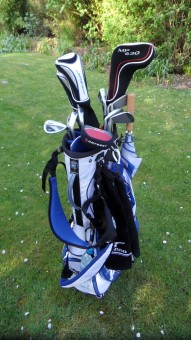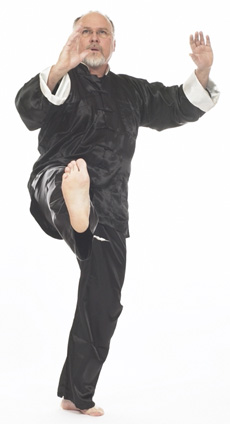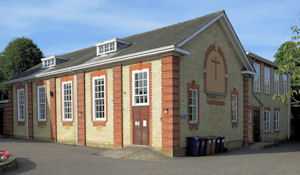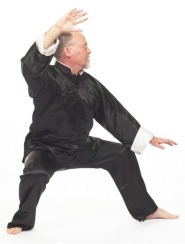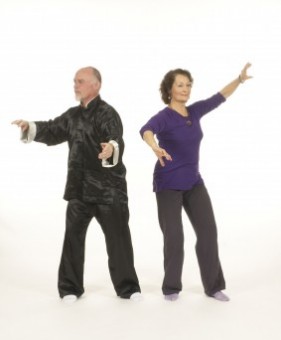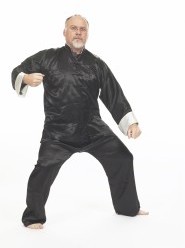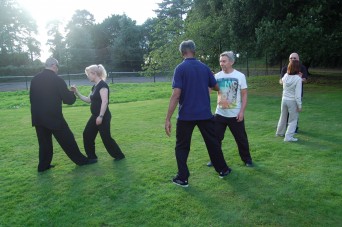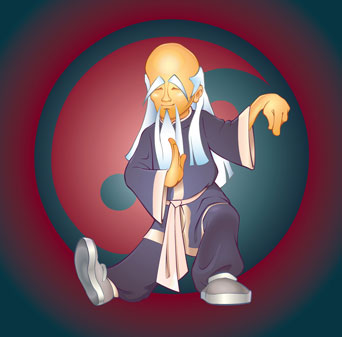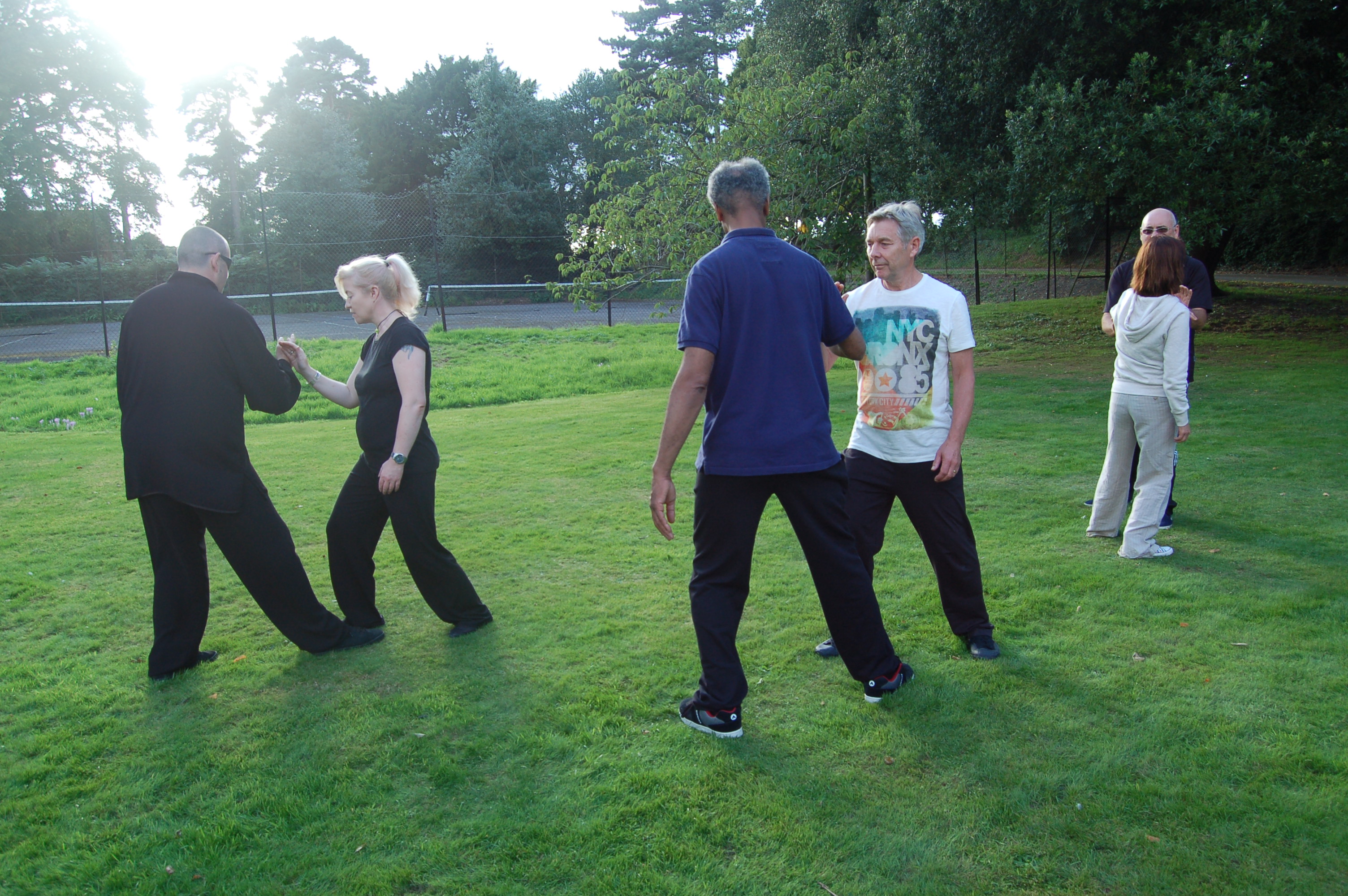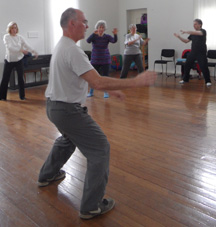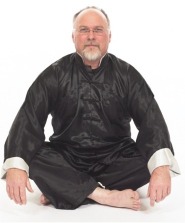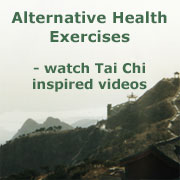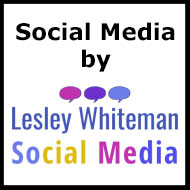All these activities are very different in many ways – but all share the core of Tai Chi practice – balance, relaxation, posture, power, mental and emotional aspects, plus the sensitivity to relate physically – either to the environment, other players or body extensions such as bats, balls etc. Even in the workplace we find manual workers needing to take care of their bodies, skilled workers needing to balance their body with mental/emotional factors so as to enhance and extend their ability – intellectual workers also find a similar need lest they ignore the non-intellect and find they become no longer able to perform intellectually to the level they aspire.
Tai Chi becomes useful simply because it is in one sense a collection of proven exercises which guide one to an optimal balance. The combination of physical practice with intellectual and emotional awareness is invaluable in itself, however at the core of Tai Chi is the movement it encourages – movement and a way of moving – indeed a way of thinking about moving and of relating with the “outside” that works to maximise the human potential.
Tai Chi’s focus on “natural movement”, principles and power means that the way of moving derived from practice is easily transferred across all areas of human activity and in particular this is often seen most clearly in sport where golf handicaps may tumble, or relaxed focus may be increased, but is also seen in reduced back pain while at a computer or steering wheel and even in improved writing ability.
By not seeking to “force” any particular pattern the Tai Chi practitioner seeks to allow the body to move easily in a centred way – we do this by cultivating certain principles which include centred segmented movement, upright poise, full/empty weighting, opening/closing of all parts of the body, sensitivity, awareness, relaxation, fluidity, light limber movement, absorption, neutralising, deflection, internal power and release of power.
Consequently one may access Tai Chi exercises which promote:
– Balance
– Meditation – quiet mind – quiet body
– Good structure
– Resilient soft tissues
– Relaxation in movement
– Centred movement
– Sensitivity to the environment
– Sensitivity to other people
– Strength
– Co-ordination
– Physical connection
– Mental and emotional awareness
– Good breathing
– Good posture and poise
It may be no surprise that many of these may be the same exercise – on the principle that “it is not the exercise you do – it’s what you do in the exercise.”

